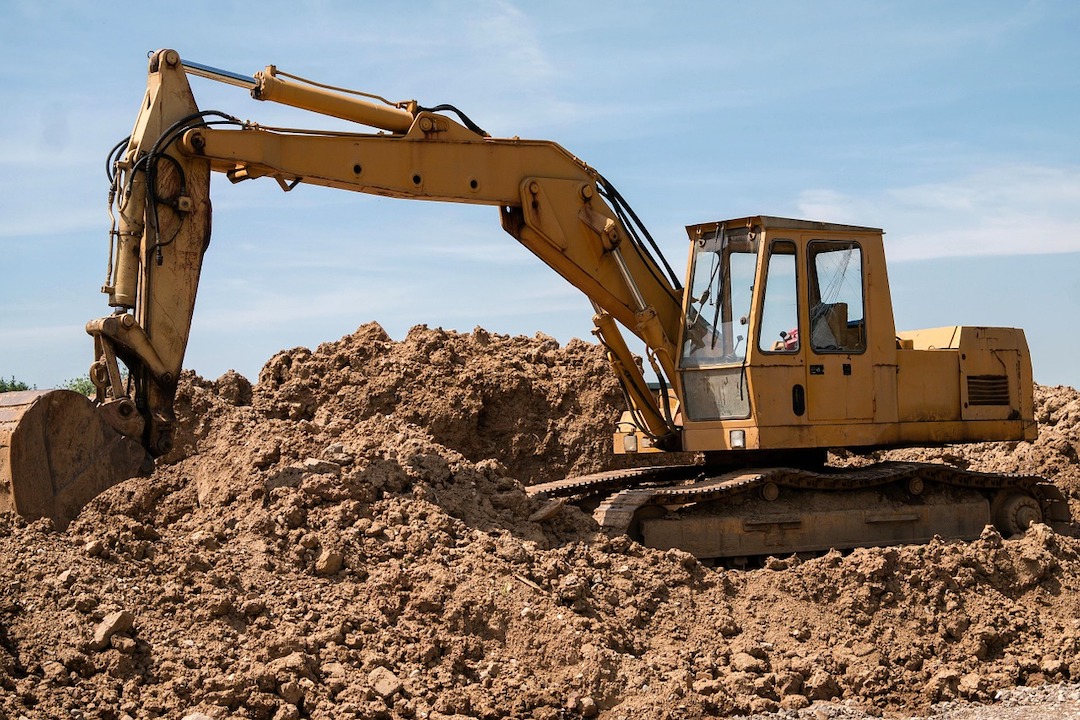The nation’s 811 utility location system is significantly flawed, according to a new survey of construction firms that perform underground excavation work.
The survey report, released by the Associated General Contractors of America, found that more than half of the responding firms reported damages and near misses because lines were unmarked or marked incorrectly. “Most contractors say that calling 811 often leads to inaccurate line marking and that utility firms are often very slow in coming out to locate and mark their underground lines,” according to an AGC news release.
Seventy-eight percent of firms who found weaknesses said the biggest problem is the lack of accurate utility locating by utility owners and operators. And 56% of firms with concerns about the 811 system said slow utility owner and operator response times are a significant weakness.
Many firms reported being unfairly blamed for damages even after contacting 811. The survey found that nearly two-thirds of contractors received a claim from a utility owner and operator for damage to a line the construction firm was not responsible for damaging.
“We need to fix the 811 system to make sure utility firms are doing their part to accurately mark their lines,” said Stephen E. Sandherr, AGC CEO. “Too few utility firms are being held accountable for doing their part when it comes to helping contractors avoid hitting underground lines.”
Related Stories
| Jan 30, 2012
ZigBee and ISO 50001: Two new standards to make buildings greener
These developments demonstrate the dynamic nature of the market and the continued need for development of program standards of many different types that help builders and owners translate high performance and sustainable buildings goals into practical measures on the ground.
| Jan 30, 2012
New firm-fixed-price rules on federal contracts impact construction industry
Contractors will need to be on the lookout for policies such as the Contractor Accountability for Quality clause.
| Jan 30, 2012
Roofer’s fatal plunge demonstrates need for fall-prevention regulations
“The biggest problem is getting our workers to use the equipment,” says Michael J. Florio, executive director of the organization.
| Jan 26, 2012
Tampa moves to streamlined online permitting system
The system will replace an inefficient patchwork of old software and is designed to provide businesses, homeowners, and contractors with online access to permitting and licensing information.
| Jan 26, 2012
EPA to collect more data, seek comments before finalizing mud rule
The EPA says it will seek more data and is accepting comments until March 5.
| Jan 26, 2012
Industry challenges Connecticut's suit over defective construction work
The dispute arose over multimillion-dollar leaks at the University of Connecticut's law library.
| Jan 26, 2012
Earthquake 'fuse' could save buildings during temblors
The idea is to use an earthquake "fuse" that can prevent the tiny fractures and warps that make structures unsafe after a quake and very expensive to repair.
| Jan 26, 2012
HPD open materials standard for green building materials gains momentum
GreenWizard, provider of a cloud-based product management and project collaboration software, is the latest industry participant to sign on
| Jan 26, 2012
Siemens launches smoke detection knowledge center
New knowledge center web site demonstrates efficacy of smoke detection.
| Jan 18, 2012
Chile's seismic code upgrades credited with saving lives in 2010 quake
Since 1960, when Chile suffered a 9.5 magnitude quake, the largest ever recorded; the country has steadily improved building codes to protect lives and property.

















